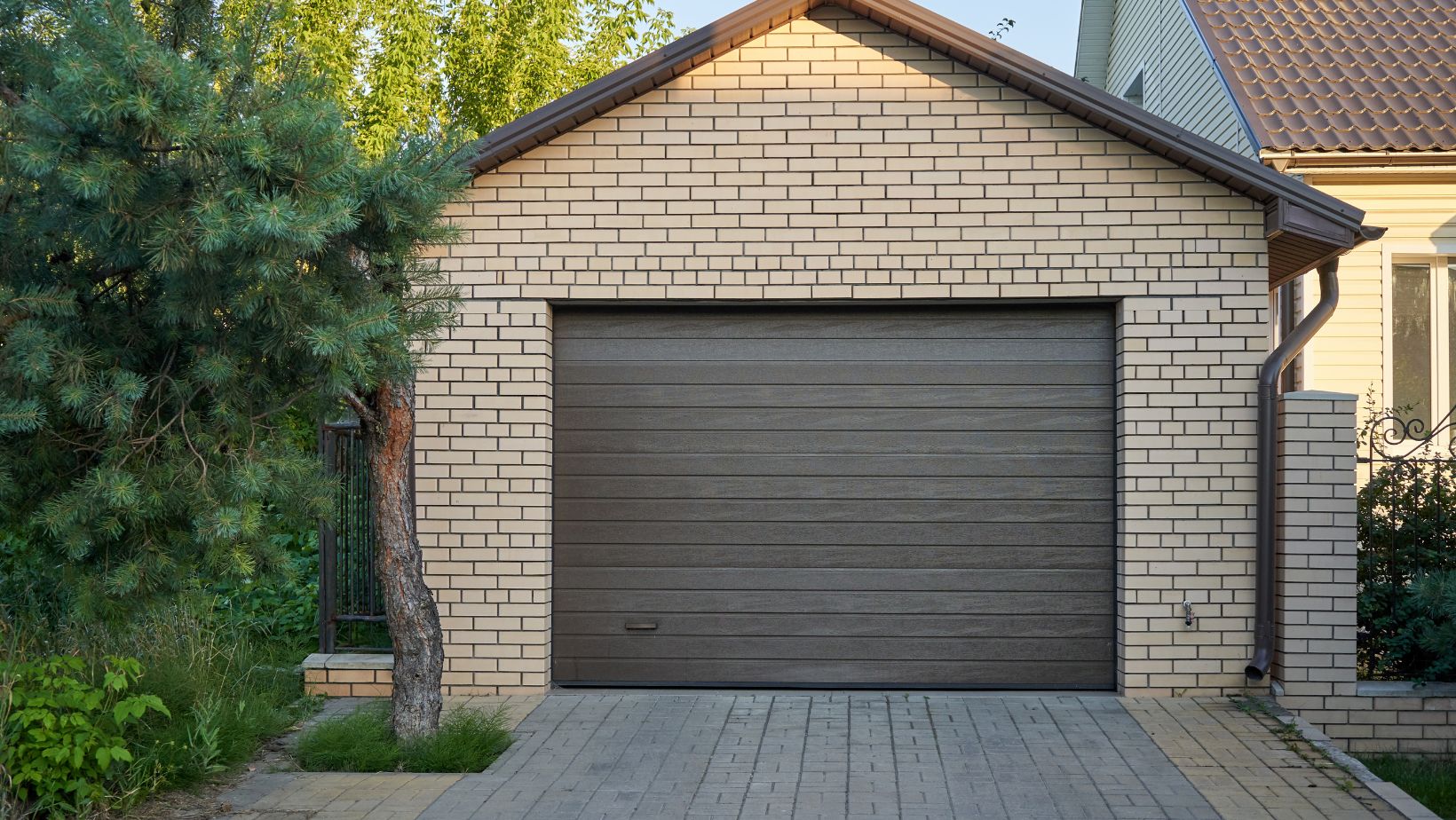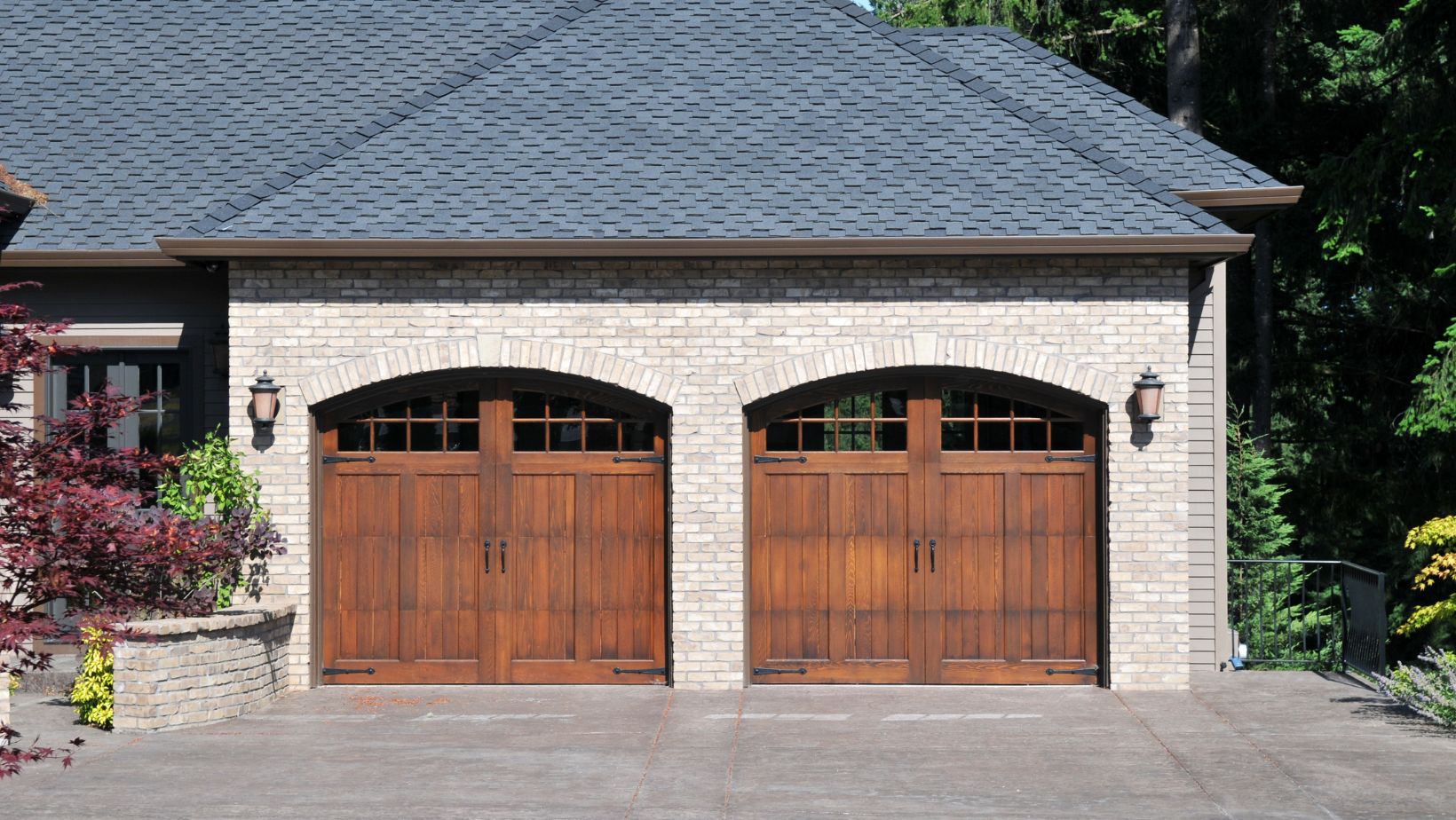Table of Contents
ToggleAir Conditioner for Garage Without Windows
Having an air conditioner in your garage can make a huge difference in keeping the space cool and comfortable. However, if you have a garage without windows, troubleshooting any issues that may arise with your air conditioner can be quite perplexing. In this article, I’ll share some valuable tips to help you troubleshoot common problems and ensure your air conditioner is working efficiently.
One of the most important things to check when troubleshooting an air conditioner for a garage without windows is proper ventilation. Since there are no windows to provide natural airflow, it’s crucial to ensure that the unit is properly ventilated. Make sure that the condenser coils are clean and free from dirt or debris as this can obstruct airflow and cause the air conditioner to work inefficiently.
Another potential issue could be inadequate insulation in your garage. Without proper insulation, cool air could escape easily, making it difficult for the air conditioner to maintain a consistent temperature. Check for any gaps or leaks around doors, windows, or walls and seal them properly to prevent cold air from escaping and warm air from entering.
Common Issues with Garage Air Conditioners
When it comes to air conditioners for garages without windows, there are a few common issues that can arise. Understanding these problems and their potential solutions can help you troubleshoot and maintain your garage air conditioner more effectively. Here are some of the most frequently encountered issues:
- Insufficient Cooling: One of the primary concerns with garage air conditioners is insufficient cooling. This could be caused by various factors such as inadequate insulation in the garage, improper unit sizing, or even a faulty compressor. If you find that your garage is not cooling down as expected, it’s essential to check if the unit is properly sized for the space and ensure that there are no leaks in the ductwork.
- Inadequate Airflow: Another issue commonly faced with garage air conditioners is inadequate airflow. This can lead to uneven cooling or hot spots within the garage. Inspect the air filters regularly to make sure they’re clean and free from debris that could restrict airflow. Additionally, check for any obstructions around the vents or ducts that may impede proper airflow.
- Excessive Humidity: Garages tend to have higher humidity levels compared to other areas of your home, especially if they lack proper ventilation or insulation. High humidity can cause discomfort and promote mold growth inside your garage. To address this issue, consider using a dehumidifier alongside your air conditioner to remove excess moisture from the air.
- Noisy Operation: Garage air conditioners often produce more noise due to their location in an enclosed space with minimal sound insulation compared to traditional indoor units installed in living spaces. However, excessive noise can indicate underlying issues such as loose components or a malfunctioning fan motor. Regular maintenance checks should include inspecting and tightening any loose parts and lubricating moving components as needed.
- Electrical Problems: Electrical problems can occur with any appliance, including garage air conditioners. Issues like tripped circuit breakers, faulty wiring, or power supply fluctuations can disrupt the functioning of your unit. If you notice any electrical issues, it’s important to consult a professional electrician to ensure safe repairs and prevent further damage.

Importance of Proper Ventilation
Proper ventilation plays a crucial role in maintaining a comfortable and healthy environment in your garage, especially when using an air conditioner. Without windows in the garage, it becomes even more essential to ensure effective ventilation. Let’s explore why proper ventilation is so important for an air-conditioned garage without windows.
- Air Circulation: Adequate ventilation promotes proper air circulation within the space, preventing stagnant air from accumulating. This helps distribute cool air evenly throughout the garage, ensuring that every corner receives optimal cooling. Without proper ventilation, hot spots may develop, making it difficult for the air conditioner to effectively cool down the entire area.
- Moisture Control: Garages are prone to excess moisture due to factors like humidity and condensation. Inadequate ventilation can lead to moisture buildup, which not only promotes mold and mildew growth but also affects the efficiency of your air conditioner. By providing proper airflow and allowing moisture to escape, good ventilation helps maintain a dry and comfortable atmosphere.
- Odor Elimination: Garages often harbor unpleasant odors from stored items or vehicle emissions. With no windows for natural airflow, these odors can linger and become bothersome over time. Effective ventilation helps remove stale or unwanted smells by continuously exchanging indoor air with fresh outdoor air.
- Heat Dissipation: Air conditioners generate heat during their operation, which needs to be dissipated efficiently to prevent overheating or damage to the unit itself. Proper ventilation aids in dissipating this excess heat by allowing it to escape outside rather than being trapped within the confined space of the garage.
- Indoor Air Quality: A well-ventilated garage ensures better indoor air quality by reducing pollutants such as dust particles, fumes from cleaning agents or paints, and other airborne contaminants that may accumulate over time. This is particularly important if you spend extended periods inside your garage or use it as a workspace.





